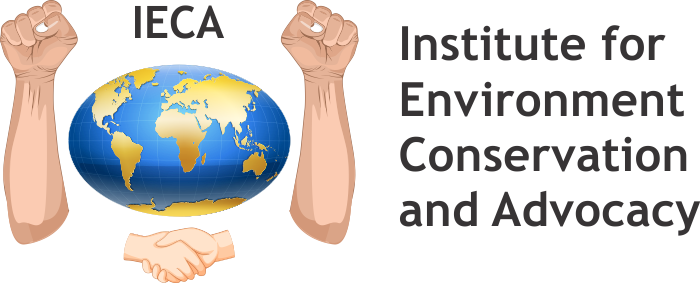Waste management in educational institutions is crucial for promoting environmental sustainability, reducing pollution, and fostering responsible waste disposal habits among students, staff, and faculty. Here's how to implement effective waste management practices in educational institutions:
- Waste Audit: Conduct a waste audit to assess the types and quantities of waste generated by the institution. Analyze the results to identify opportunities for waste reduction, recycling, and composting.
- Reduce Waste Generation: Implement strategies to reduce waste generation at the source, such as promoting the use of reusable products, reducing packaging, and encouraging students to pack waste-free lunches.
- Recycling Programs: Set up recycling bins for paper, plastics, glass, metals, and other recyclable materials throughout the campus. Educate students and staff about what can be recycled and provide clear signage to encourage proper sorting.
- Composting: Establish a composting program to divert organic waste, such as food scraps and yard waste, from the landfill. Provide compost bins or heaps for collecting organic materials and use the compost produced to enrich campus landscaping or community gardens.
- Electronic Waste (E-waste) Management: Implement a system for collecting and recycling electronic waste, including old computers, printers, and other electronic devices. Partner with e-waste recycling companies or organize e-waste collection events on campus.
- Hazardous Waste Management: Safely manage hazardous waste materials, such as batteries, fluorescent bulbs, and chemicals used in laboratories. Provide designated collection points and proper disposal procedures to prevent environmental contamination.
- Education and Awareness: Raise awareness about waste management and recycling practices through educational campaigns, workshops, and events. Engage students, staff, and faculty in waste reduction initiatives and encourage behavior change through incentives and recognition programs.
- Green Procurement Policies: Implement green procurement policies to prioritize environmentally friendly products and materials with minimal packaging and recyclable or biodegradable components.
- Partnerships and Collaboration: Collaborate with local waste management authorities, recycling companies, and community organizations to enhance waste management efforts and explore opportunities for waste diversion and recycling.
- Monitoring and Evaluation: Regularly monitor and evaluate waste management practices and outcomes to track progress, identify areas for improvement, and adjust strategies as needed. Collect data on waste diversion rates, recycling volumes, and cost savings to demonstrate the effectiveness of waste management initiatives.
By implementing these strategies, educational institutions can play a leading role in promoting sustainable waste management practices and inspiring students, staff, and faculty to become environmental stewards in their communities.

 Call :
Call :